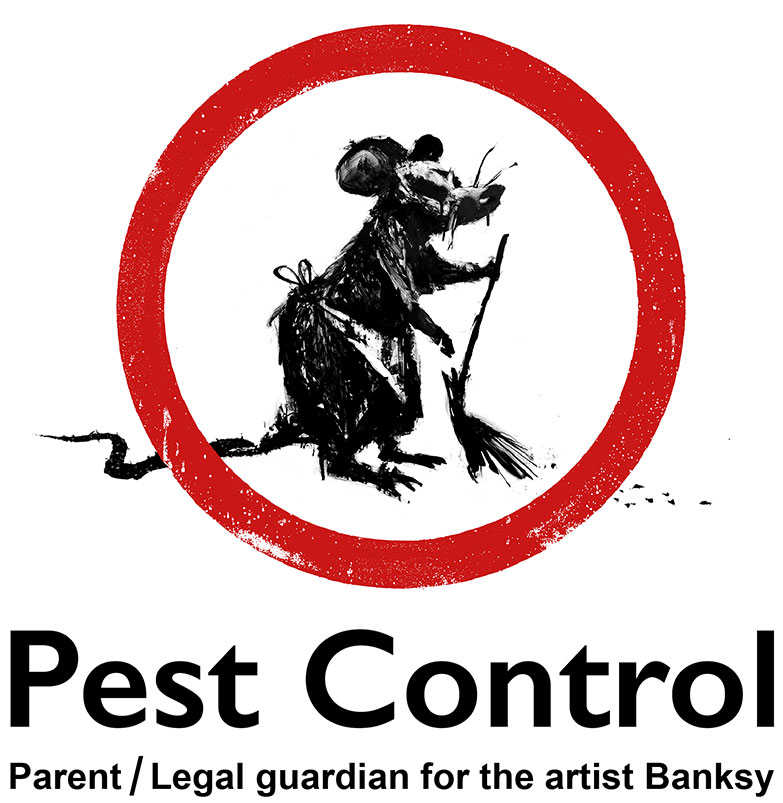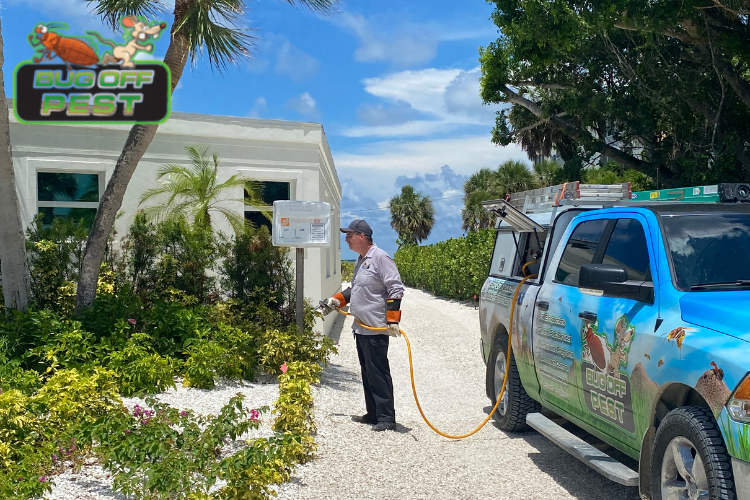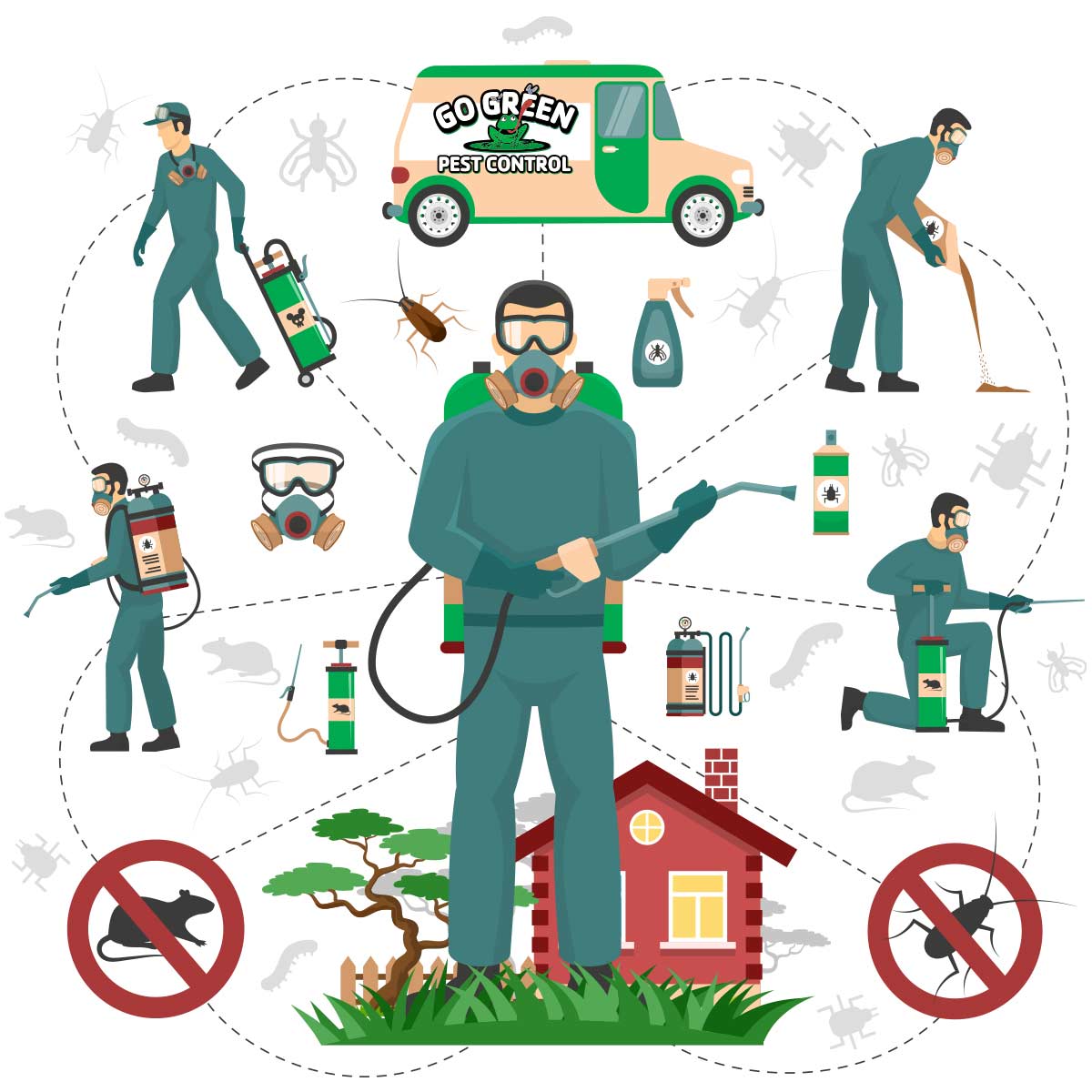Uncover the Relevance of Insect Control in Maintaining a Healthy Setting and Treatment Methods

The Function of Insects in Communities
Pests, often watched entirely as nuisances, play a complex function in environments that is crucial for maintaining environmental equilibrium. They contribute dramatically to different eco-friendly processes, including pollination, nutrition biking, and insect control. Lots of insect varieties, such as bees and butterflies, are crucial pollinators for a broad variety of plants, which in turn sustains biodiversity and food production.
In addition, pests work as target for various killers, developing an essential link in food webs. This connection ensures the survival of different varieties and aids control populaces within communities (Termite treatment Port Charlotte). Decomposer pests, such as certain beetles and fungis, are crucial in damaging down natural issue, therefore enhancing soil and helping with nutrient recycling.
Conversely, while pests can be advantageous, their overpopulation or invasion into non-native environments may interfere with these eco-friendly features. This intricacy highlights the value of comprehending parasite characteristics, as efficient insect management approaches have to take into consideration both their environmental roles and possible influence on human activities. Balancing pest visibility while lessening damage is important for preserving the honesty of ecosystems and ensuring farming efficiency.
Health And Wellness Risks Related To Bugs
The existence of insects in various atmospheres extends past their ecological duties, as they likewise pose substantial health and wellness risks to people and animals. Numerous pests, consisting of rats, bloodsuckers, and insects, are providers of conditions that can have major wellness implications. Rats are known to transfer hantavirus and leptospirosis, both of which can lead to extreme respiratory and kidney issues, specifically.
Insects such as ticks and mosquitoes are infamous for spreading out vector-borne illness like jungle fever, dengue high temperature, and Lyme disease. These ailments can cause high morbidity and death prices, especially in vulnerable populations. In addition, bugs like vermins and roaches can exacerbate allergies and bronchial asthma, adding to respiratory problems in individuals, especially those with pre-existing conditions.
Moreover, the existence of bugs can bring about emotional stress and anxiety and discomfort, influencing total well-being. Contamination of food and surface areas by parasite droppings and remains can lead to foodborne diseases, highlighting the relevance of keeping sanitary problems. Consequently, understanding the health dangers associated with insects is important in acknowledging the requirement of effective pest management approaches to guard animal and human health and wellness.

Benefits of Reliable Insect Control
Effective parasite control is crucial for keeping a secure and healthy environment, as it continually minimizes the many risks linked with bug invasions. One of the main benefits of reliable parasite administration is the reduction of wellness threats.
Furthermore, effective pest control safeguards home and structures from damage. Several insects, like termites and carpenter ants, can cause considerable architectural damage that might need costly fixings. By proactively handling these home owners, businesses and problems can safeguard their financial investments.
An additional considerable advantage is the improvement of general lifestyle. A pest-free atmosphere contributes to mental health and minimizes stress and anxiety connected with invasions. Reliable bug control cultivates a more secure setting for pet dogs and youngsters, making certain that homes continue to be refuges cost-free from harmful chemicals and disease-causing organisms.
Usual Bug Control Methods

In the realm of pest administration, different techniques are used to fight infestations successfully. These techniques can be generally categorized right into 3 main techniques: cultural, mechanical, and chemical controls.
Social control involves changing practices to lower bug reproduction, facility, and survival. This may consist of crop turning, appropriate sanitation, and environment control, which collectively develop a setting less for pest expansion.
Mechanical control employs physical approaches to get rid of bugs (Termite treatment Port find out here Charlotte). Strategies such as catches, obstacles, and vacuum cleaners are commonly used to directly eliminate parasites Read More Here from a location. This method is especially reliable for handling rats and pests without using damaging chemicals
Chemical control entails the application of pesticides to take care of pests. These compounds can be classified into herbicides, fungicides, and insecticides, each targeting specific types of bugs. It is important to use these chemicals sensibly, sticking to safety guidelines and policies to lessen possible injury to non-target varieties and the environment.
Each insect control method has its constraints and benefits, and usually, an incorporated strategy integrating several methods generates the ideal cause maintaining a pest-free environment.
Lasting Bug Management Practices
Lasting pest administration practices incorporate a range of methods created to minimize ecological impact while properly managing parasite populations. These techniques prioritize the usage of eco-friendly methods over chemical pesticides, therefore decreasing the threat of damage to non-target varieties, including beneficial pests, wildlife, and people.
Integrated Parasite Administration (IPM) is a keystone of sustainable methods, incorporating biological, social, mechanical, and chemical tactics to handle parasites. Biological control includes presenting all-natural predators or bloodsuckers to suppress insect populaces. Cultural techniques, such as plant rotation and polyculture, interrupt pest life cycles and improve ecosystem durability.
Mechanical methods, such as barriers or traps, can successfully prevent insect accessibility without chemical read treatment. Additionally, preserving healthy and balanced ecological communities through proper soil administration, plant health, and biodiversity can naturally alleviate parasite concerns.
Education and learning and understanding are crucial parts, encouraging neighborhoods and people to identify pest risks early and carry out preventative procedures. Termite treatment Port Charlotte. By promoting an all natural strategy that balances insect control with ecological stability, lasting parasite administration methods not only safeguard frameworks and plants however likewise add to a healthier environment for future generations
Conclusion

Recognizing the health and wellness risks linked with insects is crucial in identifying the requirement of effective bug management approaches to protect human and animal wellness.
Efficient pest control is crucial for preserving a safe and healthy and balanced environment, as it continually reduces the numerous dangers associated with bug infestations.Integrated Bug Management (IPM) is a keystone of sustainable techniques, integrating biological, cultural, mechanical, and chemical tactics to take care of pests. By comprehending the role of bugs, identifying connected health dangers, and using diverse therapy strategies, a sustainable strategy to pest management can be attained. Integrated Pest Administration (IPM) stresses an alternative technique that reduces injury to advantageous microorganisms while efficiently controlling insect populaces.